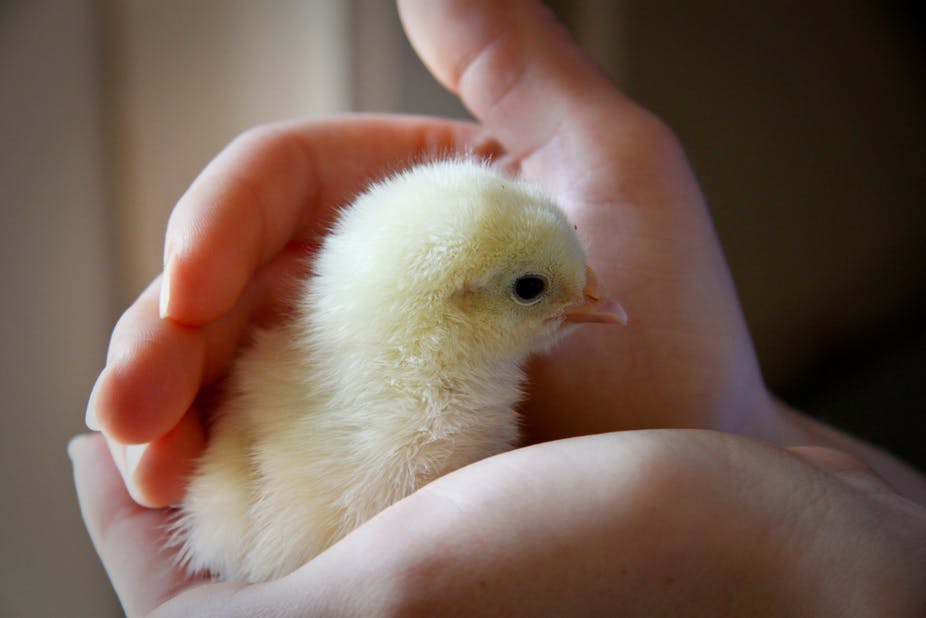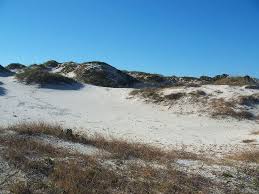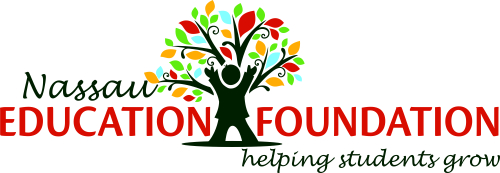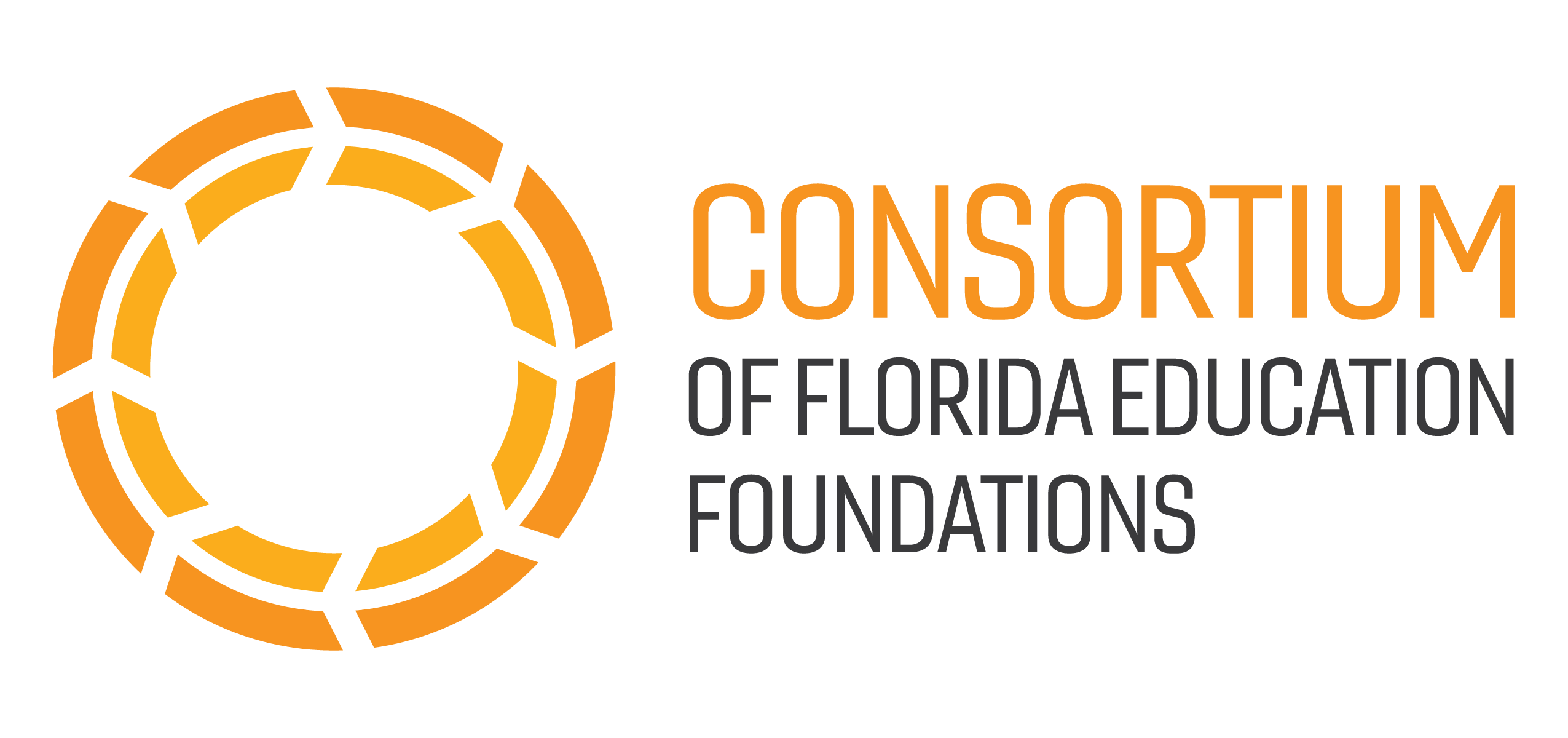Classroom grants are funded through contributions made directly to the Nassau Education Foundation (List of our sponsors https://nassaueducationfoundation.org/sponsors), matching funds from the Consortium of Florida Education Foundations (CFEF) and through a portion of all sales of “Support Education” license tags purchased in Nassau County.
The foundation’s largest fundraiser is our annual gala held in January. This event is also a celebration of teachers and the award for Nassau County Teacher of the Year is announced during the celebration. If you are interested in helping fund classroom grants, please visit http://nassaueducationfoundation.org/donate to help. We appreciate your support in helping teachers and students throughout Nassau County.
Additional funding for grants is also provided with proceeds from Florida’s “License for Learning” specialty tags. A portion of all sales of the “Support Education” specialty license tags are donated to the Nassau Education Foundation. In addition, a portion of the new Auburn University, University of Alabama, and University of Georgia specialty plates purchased in Nassau County will go to the Nassau Education Foundation! The specialty license plates can be found at Nassau County DMV locations throughout the county or online at http://licensetolearnfl.com. For information on purchasing a pre-sale voucher for one of the new college plates, visit (https://myfloridaspecialtyplate.com/support-education.html).
The Grant Process
In February, an email is sent to all teachers throughout the school district explaining the grant process along with a link to the application portal. The grant application portal is open for approximately one month. During this time, the Nassau Education Foundation’s Board of Directors sets the overall grant money to be distributed in that given year, based on funds raised.
Once the portal closes, our grants committee, using a rubric, reviews all qualified grant applications. Projects are reviewed to ensure alignment with school and district goals, demonstrate creativity and innovation, effective use of resources and the overall impact on the learning experience. Classroom grants give the teachers the ability to fund projects that often would otherwise have no available funds. It is our hope that the grants program will encourage teachers to generate creative projects in areas where school budgets fall short or tax dollars cannot be used. Using the rubric as a form of measurement, the grants committee awards grants based on the highest overall scores in each school to ensure that all schools are impacted. Finally, a portion of the funding is awarded to the highest overall remaining grants, regardless of school, to recognize the merit of new and innovative ideas.
April is our favorite time of the year as this is when we notify teachers of their grant awards. Members of our board of directors visit each school to present grant recipients with their award certificate.
Any questions regarding our grants or grant process, may be directed to our grant chair at klunt@nassaueducationfoundation.org.
What Types of Grants? Here are a Few Examples…
Embryology-Full STEAM Ahead: Kelley MacCabe, Yulee Primary School- 2nd Grade STEAM Lab
The goal of this project is to bring the life-cycle to life for Yulee Primary’s K-2nd grade students via the 4-H Embryology program. 4-H provides fertile eggs and incubators to classes, but many teachers shy away from this opportunity because of the expense and effort required to brood chicks in their classrooms. This grant will help teachers manage these challenges – so even more students can experience the wonder of hatching chicks in their classrooms!

Protecting our Dunes: Teresa Pinkstaff, Callahan Middle School – Earth Science
The goal is to grow the understanding of and implication of beach erosion through hands-on demonstrations and labs. These hands-on resources will provide students with the opportunity to deepen their knowledge and understanding of the human impact we have on Nassau County beaches.
Students will use a stream table to demonstrate and gain an understanding of beach erosion as well as other waterways. The stream table also allows teachers to demonstrate the impact of sinkholes and their development.


